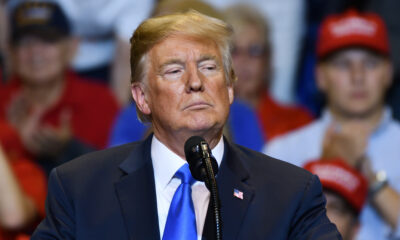French Arrest Of Telegram Founder Highlights Growing Threats To Free Speech In Western Nations

The arrest of Telegram founder Pavel Durov at a French airport underscores the alarming trend of increasing censorship and authoritarianism in Western nations. Durov, detained under a French arrest warrant, is accused of failing to moderate content on Telegram that allegedly facilitated criminal activities like money laundering and drug trafficking. Critics argue that this move is part of a broader effort by governments in Europe and beyond to stifle free speech and control online discourse.
In recent years, Europe has ramped up efforts to regulate digital platforms, often using the pretext of combating misinformation, hate speech, or criminal content. However, these measures have sparked concerns that free speech is being sacrificed in the name of safety and order. Durov’s arrest is a stark example of how governments can use legal mechanisms to silence those who refuse to comply with increasing demands for censorship.
The situation in Europe mirrors a broader push for greater control over online speech across Western nations. From Canada’s online harms legislation to the European Union’s Digital Services Act, there is a growing trend of governments imposing strict content moderation rules on tech platforms. Critics warn that these policies are opening the door to censorship and authoritarian control, with those in power deciding what speech is deemed acceptable.
Elon Musk weighed in on Durov’s arrest, posting a grim prediction for the future of free expression: “POV: It’s 2030 in Europe and you’re being executed for liking a meme.” Musk’s comment reflects growing fears that Western democracies are abandoning their commitments to free speech in favor of increasingly authoritarian approaches.
As more governments move to regulate speech online, concerns are mounting that fundamental freedoms are under threat. The arrest of a tech entrepreneur like Durov sends a chilling message to those who resist state control of online platforms, and it raises serious questions about the future of free speech in the digital age.
























